Search
Remove Ads
Advertisement
Summary 
Loading AI-generated summary based on World History Encyclopedia articles ...
Search Results
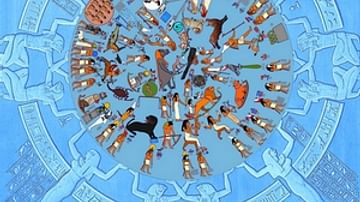
Definition
Hellenistic Astrology
Hellenistic astrology encompassed various forms of divination in Greece and the Mediterranean, all linked to the observation of astronomical phenomena. Hellenistic astrology was based on the belief that the stars and planets could either...

Definition
Hellenistic Period
The Hellenistic Period is a part of the Ancient Period for the European and Near Asian space. The use of this period is justified by the extent of the Hellenic culture in most of these areas, due to the Greek political presence especially...
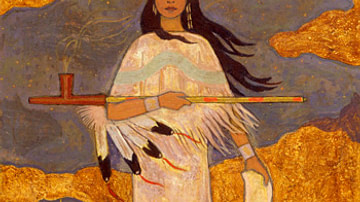
Article
White Buffalo Calf Woman
White Buffalo Calf Woman (Ptesan-Wi) is a supernatural entity of the Sioux religion, who serves as an intermediary between Wakan Tanka (Great Mystery or Great Spirit) and the people. According to Sioux lore, she appeared to the people in...
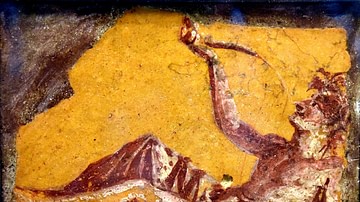
Article
Wine Culture in the Hellenistic Mediterranean
The culture of drinking wine was enjoyed throughout the Mediterranean world, and what is true now was true in antiquity, too: wine is always good business. The Hellenistic Period (c. 335-30 BCE), between Alexander the Great and Cleopatra...

Article
Athens in the Hellenistic World
When we think about ancient Athens, it is almost always about the classical city. We think of such things as its numerous monuments (the Parthenon on the Acropolis for example), beautifying everywhere, the Agora swarming with people doing...
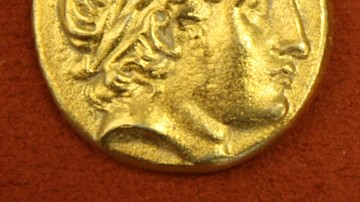
Definition
Macedon
Macedon was an ancient kingdom located in the north of the Greek peninsula first inhabited by the Mackednoi tribe who, according to Herodotus, were the first to call themselves 'Hellenes' (later applied to all Greeks) and who gave the land...
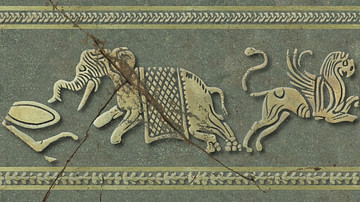
Article
Elephants in Hellenistic History & Art
Elephants were thought of as fierce and frightful monsters in antiquity, very real though rarely seen until the Hellenistic period. They were deployed on the battlefield to strike terror into the enemy, however, since fear was considered...

Definition
Hellenistic Warfare
When Alexander the Great died in 323 BCE, he left behind an empire devoid of leadership. Without a named successor or heir, the old commanders simply divided the kingdom among themselves. For the next three decades, they fought a lengthy...
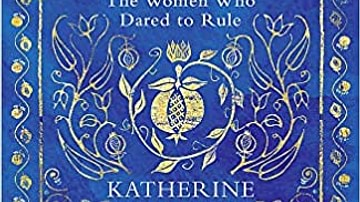
Interview
Interview: Queens of Jerusalem, the Women Who Dared to Rule by Katherine Pangonis
Join World History Encyclopedia as they chat with medievalist Katherine Pangonis, all about her new book Queens of Jerusalem, the Women Who Dared to Rule. Kelly: Do you want to start off by telling us what your book is all about? Katherine...
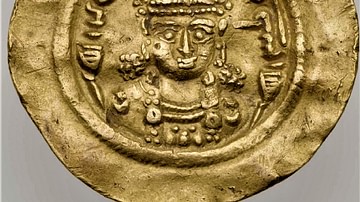
Article
Boran & Azarmiduxt: Queens of the Sassanian Empire
Boran (r. 630, 631-632) and Azarmiduxt (r. 630-631) were the only queens of the Sassanian Empire who ruled with the power of absolute monarchs. Daughters of Shahanshah (king of kings) Khosrow II (r. 590-628), Boran and Azarmiduxt, tried to...